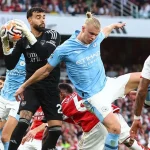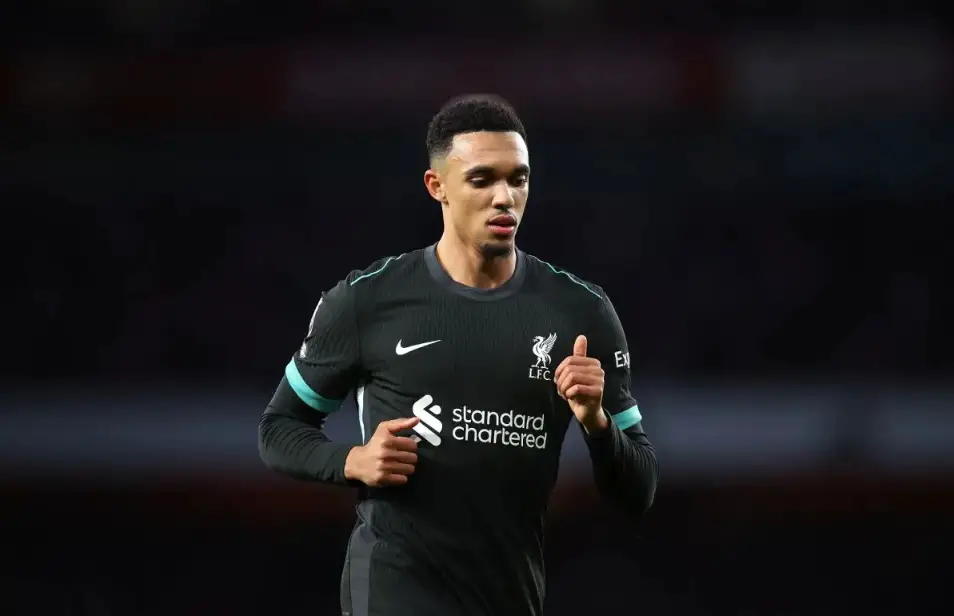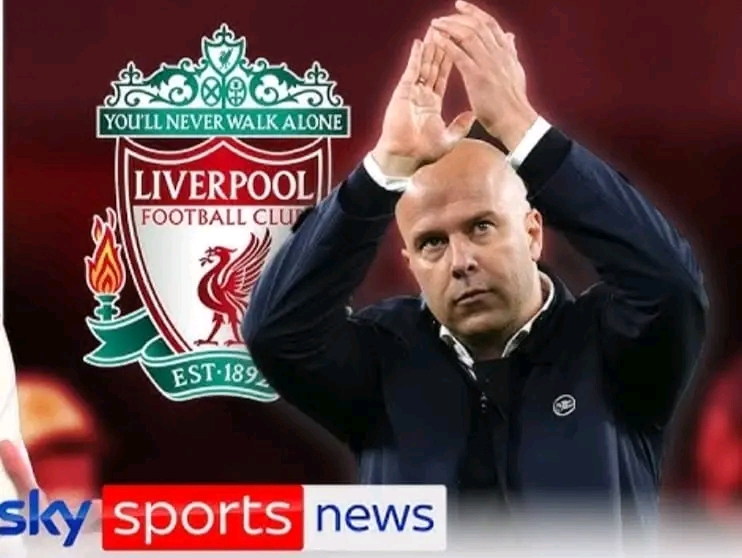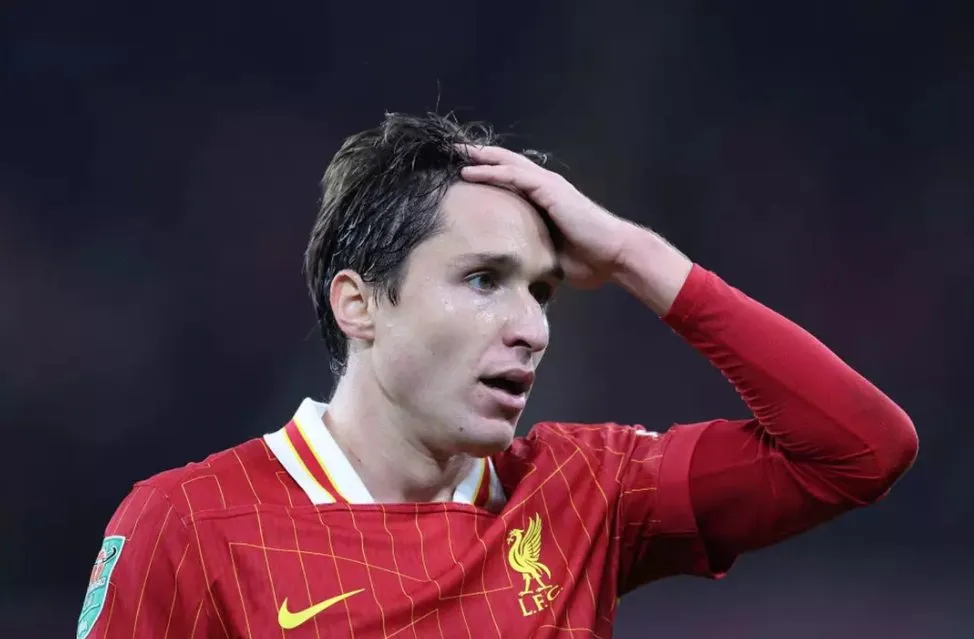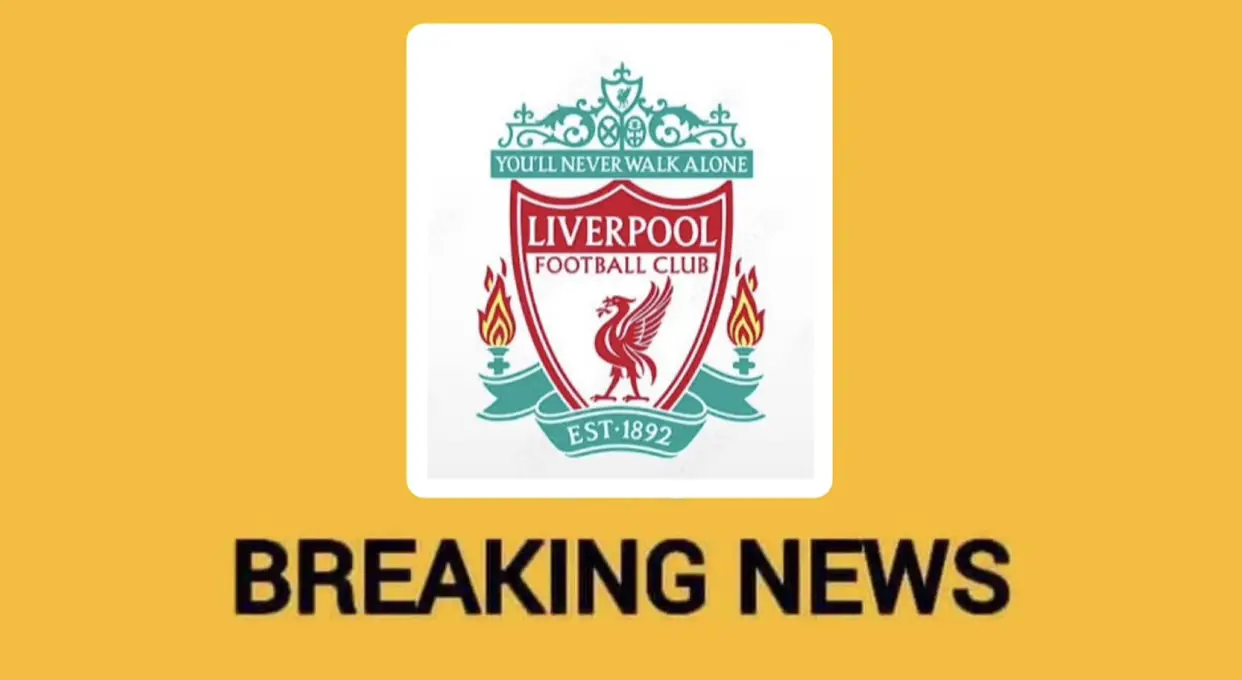Liverpool, headquartered in Merseyside, has increasingly become a global entity, and this international appeal is evident in their financial performance.
In the 2022-23 financial year, Liverpool achieved record revenues of £594 million, nearly £150 million more than in the comparable pre-pandemic season.
Despite not having Champions League revenue for 2023-24, Liverpool is expected to maintain similar revenue levels, thanks to higher commercial and matchday income.
The 2024-25 season will see Liverpool playing in front of 61,000 fans at Anfield, with revenues from sponsorships, merchandise, and events expected to exceed £300 million.
Liverpool’s most significant commercial agreement is with Standard Chartered, which provides £50 million per season for their front-of-shirt sponsorship. The deal with Nike, worth £30 million per season, is lower but includes a larger share of sales for the club.
As Liverpool’s owners, FSG, aim for the club to be financially self-sufficient, commercial income is vital for the budget managed by Arne Slot, Michael Edwards, and Richard Hughes.
Recent news about a potential £250 million commercial deal may interest supporters looking for increased investment.
Liverpool’s partnership with Nike, established in the 2020-21 season, has been successful, especially with collaborations involving NBA star LeBron James.
However, reports suggest Liverpool might switch to Adidas at the end of the current season, with a new deal reportedly worth £250 million over five years.
Liverpool’s financial practices adhere to the Premier League’s Profit and Sustainability Rules (PSR), which permit a maximum loss of £105 million over three years.
UEFA’s regulations impose a stricter but more flexible loss limit, with a new rule capping squad costs at 80% of turnover. The Premier League is trialing a similar system this season, with full implementation expected by 2025-26.
Liverpool’s cautious spending in the transfer window, which saw departures and arrivals roughly balancing out, is not attributed to PSR concerns. The club’s self-funding approach, supported by FSG, leaves them with considerable PSR headroom, with only Brighton and Manchester City having more flexibility.
Financial expert Stefan Borson suggests that Liverpool and Arsenal’s conservative spending reflects their efforts to validate their business models and overall enterprise value.

